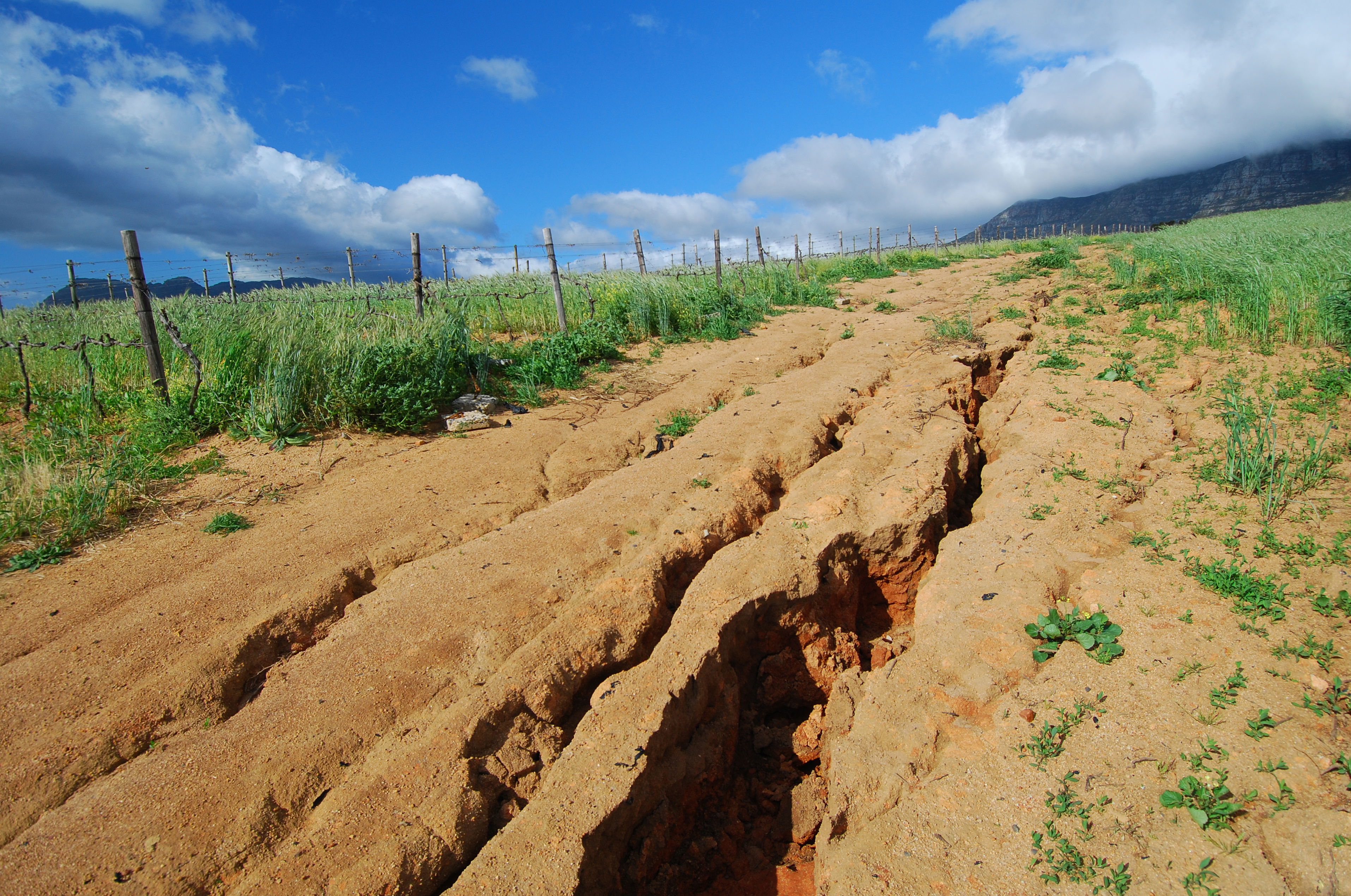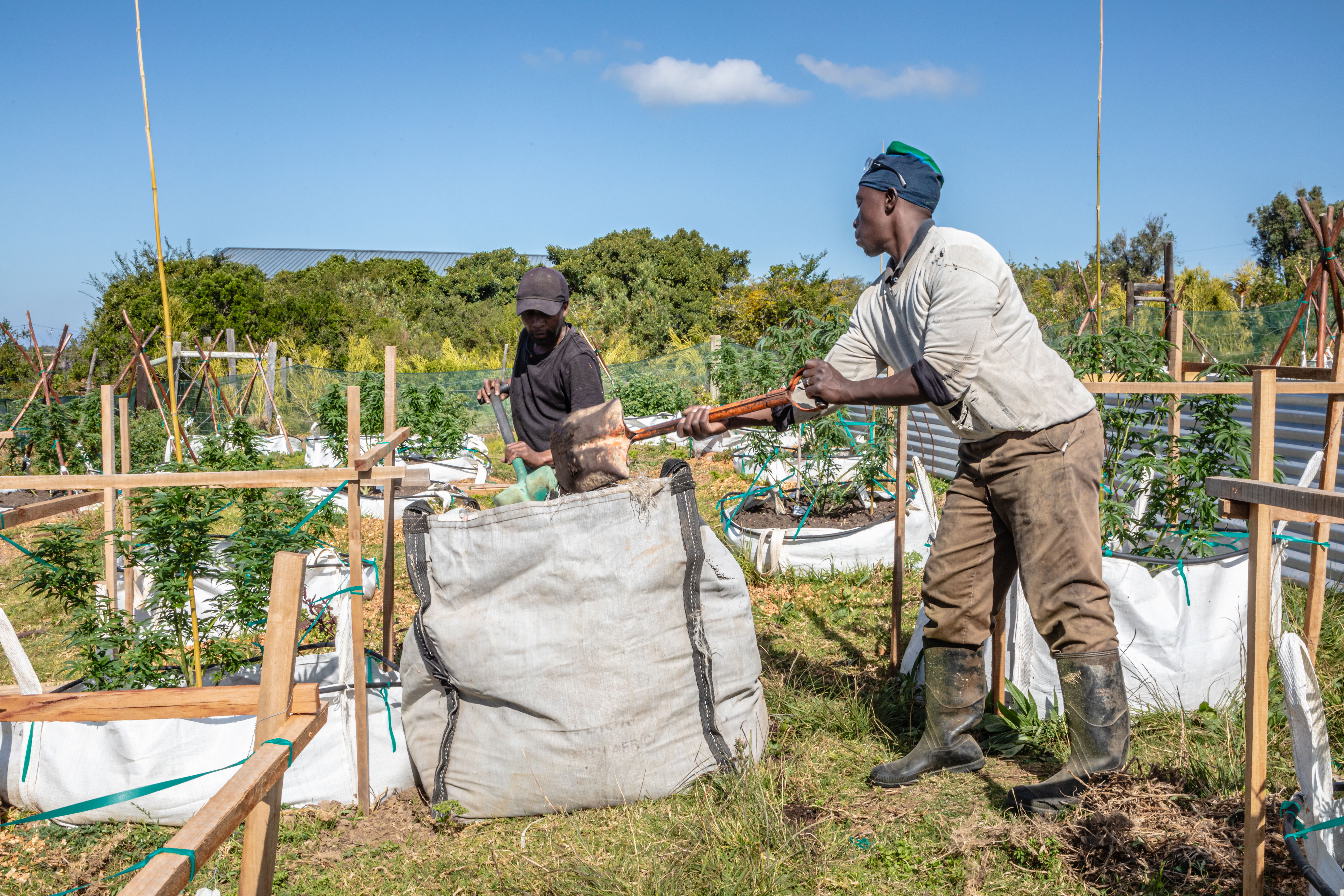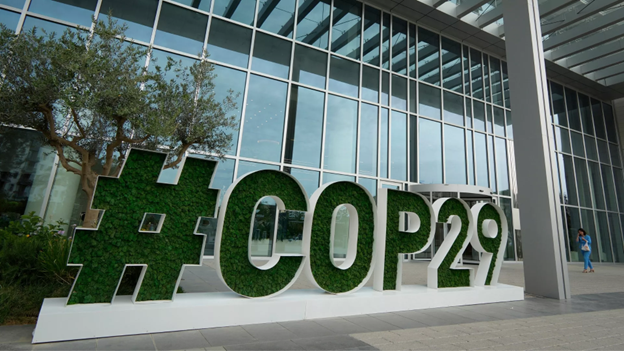World Soil Day 2024 "Caring for Soils: Measure, Monitor, Manage"
From the food we eat to the water we drink, healthy soils play an essential role in supporting ecosystems, ensuring food security, and combating climate change. Recognising the importance of this invaluable resource, World Soil Day is celebrated annually on December 5th, with a new theme each year to highlight critical issues surrounding soil health. The theme for 2024, "Caring for Soils: Measure, Monitor, Manage," underscores the urgent need to adopt responsible soil management practices to safeguard the planet's future.

Healthy soils are indispensable to human life and planetary health; A gram of soil contains millions of microorganisms, contributing to ecosystems' stability and fertility with nearly 95% of global food production depends on soil. Healthy soils ensure nutrient-rich crops, which are vital for combating hunger and malnutrition. They store three times more carbon than the atmosphere, playing a key role in mitigating climate change. Soils regulate water quality by filtering pollutants and storing freshwater. However, the FAO reports that one-third of the world’s soils are degraded due to deforestation, urbanization, industrial pollution, overgrazing, and unsustainable agricultural practices.
Effective soil management begins with understanding soil properties. Accurate measurement provides the data needed to develop tailored solutions for sustainable use. Some of the key Parameters are nutrient content (e.g., nitrogen, phosphorus, potassium), soil pH levels (acidity or alkalinity), organic matter content and microbial activity, and water retention capacity and porosity. Advancements in technology have made soil testing more accessible using soil kits and sensors, remote sensing technologies and AI-based analytics.

Monitoring soil health ensures long-term sustainability. Periodic assessments help identify trends, enabling timely interventions to prevent degradation. Monitoring tracks the effectiveness of conservation efforts, detects early signs of soil erosion, salinization, or contamination and provides data to inform policies and practices at local, regional, and global levels. Global Monitoring Initiatives such as the Global Soil Partnership’s Soil Information System (SIS) has made an effort to create global databases to share real-time soil health insights.
How do we manage our soil? Soil management encompasses adopting practices that protect and restore soil fertility while minimizing environmental harm. Some of the best practices for soil management include conservation tillage, crop rotation and cover crops, agroforestry and organic farming. Young entrepreneurs are introducing innovative solutions to enhance soil health through organic farming initiatives. Among the winners of the Entrepreneurship in Agribusiness (EiA) course Business Startup Award is Semei Ssentongo Kawuki, a visionary rabbit farmer from Uganda. Semei has developed an ingenious method of transforming rabbit excreta into a dual-purpose organic product: a nutrient-rich liquid fertilizer and a natural pesticide. Rabbit fertiliser is a nutrient-rich, odorless, and sustainable organic fertiliser ideal for improving soil and plant growth. It can be applied directly, composted, or used to make manure tea. Beneficial for vegetables, flowers, and fruit trees, rabbit manure enhances soil structure and supports microbial activity. Use responsibly to avoid nutrient overload. Semei’s eco-friendly innovation not only promotes sustainable farming practices but also reduces dependency on chemical inputs, offering a practical solution for healthier crops and improved soil fertility.
The key comes of the COP29 were;
The 29th Conference of the Parties (COP29) , held in Baku, Azerbaijan, highlighted critical global climate issues, including soil health. While the conference's central focus was climate change mitigation and adaptation, several discussions and agreements underscored the vital role of soils in achieving climate resilience.

- Climate Finance Agreement : The $300 billion annual climate finance agreement reached at COP29 includes funding for sustainable land management initiatives. These funds aim to support soil restoration projects in developing nations, where land degradation exacerbates food insecurity and climate vulnerability. Delegates proposed integrating soil monitoring into national climate action plans, ensuring long-term oversight of soil conservation efforts.
- Carbon Credit Framework: Delegates ratified a framework under Article 6.4 of the Paris Agreement, establishing a UN-backed body to regulate international carbon credit trading. This decision is expected to unlock billions of dollars in climate finance, primarily benefiting developing countries. COP29 reaffirmed the significance of soils in carbon sequestration. Healthy soils can store up to 2,500 gigatons of carbon, playing a crucial role in reducing greenhouse gas emissions. The discussions emphasised promoting practices like conservation agriculture, reforestation, and regenerative farming to enhance soil organic carbon.
The next climate talks in 2025, scheduled in Brazil, are expected to push countries to set more ambitious emission targets. The outcomes of COP29 have set the stage for further negotiations, with the global community closely monitoring the implementation of the financial commitments and the establishment of effective carbon credit systems.
Everyone has a role in protecting soils, whether you’re a farmer, gardener, policymaker, or consumer. There are solutions such as adopting conservation agriculture practices and regularly testing soils. The gardeners have to use compost, avoid synthetic fertilisers, and plant native species to enhance soil biodiversity. Enforcement of stricter land-use regulations and incentivize sustainable practices by the policy makers and support sustainable agricultural products and reduce food waste. We can build a future where soils continue to nurture life, combat climate change, and ensure food security for all.
Sheila Mary Bahonya
Agripreneurship Alliance
Thursday, 5 December 2024